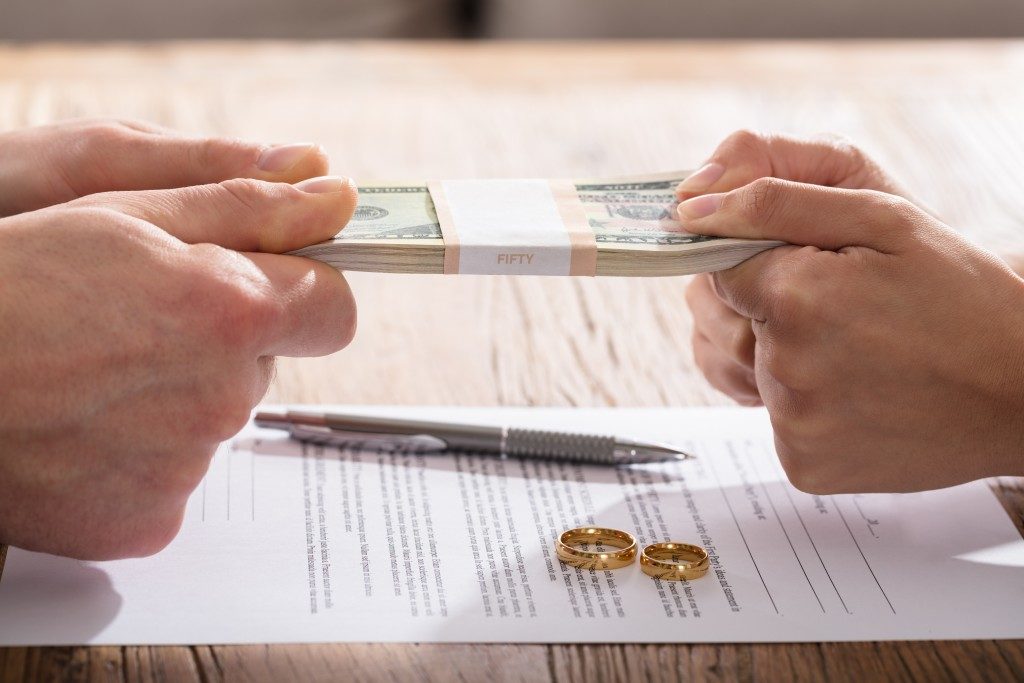No one expects to be arrested for a crime they didn’t commit-it’s a terrifying experience that can leave you feeling confused and alone. But don’t worry, you are not alone. You can take steps to ensure your rights are protected and that you have the best chance of being acquitted.
This article will give you advice on what to do if you find yourself in this situation. But first, it’s essential to understand your rights.
Understanding Your Rights
1. Right to Remain Silent
It is your right to remain silent. Meaning that you do not have to answer any questions about the crime, even if you are under arrest. In a court of law, anything you say can be used against you.
2. Right to an Attorney
You have the right to an attorney. It would be best if you asked for an attorney as soon as possible after you are arrested. A criminal lawyer can help protect your rights and ensure that you have the best chance of being exonerated.
3. Right to a Fair Trial
You have the right to a fair trial. This means that you are innocent until proven guilty and that your guilt must be shown beyond a reasonable doubt by the prosecutor.
4. Right to an Appeal
If you are convicted of a crime, you have the right to appeal the decision. An appeal is a request for a higher court to review the case and decide whether the original decision was fair.

5. Right to a Speedy Trial
You have the right to a speedy trial. This means that your case must be heard within a reasonable amount of time after you are arrested.
What To Do If Wrongfully Arrested
Here are some steps you can take if you are wrongfully arrested:
1. Remain Calm and Do Not Resist Arrest
The police are more likely to believe you are innocent and less likely to look for evidence that can incriminate you if you remain calm and do not resist arrest.
Refrain from physical contact, from admitting guilt, or from making any verbal or written statement about the incident either before or after an arrest. You may refuse to answer questions about the incident, but it is best to assert your Fifth Amendment right to remain silent.
2. Do Not Sign Anything
Signing anything can be risky, as it can be used against you in a court of law. You may be pressured to sign a document or waiver, but it is best to refuse and ask for a lawyer. Remember, you have the right to remain silent and to an attorney.
3. Ask for a Lawyer
If you are arrested, you have the right to an attorney. It is best to ask for a lawyer as soon as possible. A criminal defense lawyer can help protect your rights and ensure that you have the best chance of being exonerated.
4. Do Not Speak to the Police Without a Lawyer Present
You should not answer any questions about the incident without a lawyer present. The police may try to trick you into admitting guilt or providing information that can be used against you. Remember, you have the right to remain silent and talk to an attorney.
5. Be Polite
Even if you are innocent, it is important to be polite to the police and cooperate with their investigation. Showing respect can help you maintain your composure and avoid making statements that could be used against you.
6. Do Not Run
Fleeing the scene will only make you look guilty and can result in additional charges. If the police stop you, remain calm and be polite. You may refuse to answer questions about the incident, but it is best to remain silent.
7. Keep a Record
If you are arrested, keep a record of everything that happens, including the names and badge numbers of the officers involved, the time and date of the arrest, and any injuries you sustained. This information can be helpful to your lawyer.
No one wants to think about the possibility of being arrested for a crime they didn’t commit, but it’s essential to be prepared in case it happens. If you find yourself in this situation, remember that you have rights. Don’t hesitate to contact an attorney and start building your defense. You may be exonerated eventually, but the process will be much easier with the help of a skilled lawyer.
If you have been arrested for a crime, it is essential to remain calm and cooperative. You should never sign anything or make any statements without consulting with an attorney. By taking these steps, you can ensure that your rights are protected and have the best chance of being cleared of the charges.



